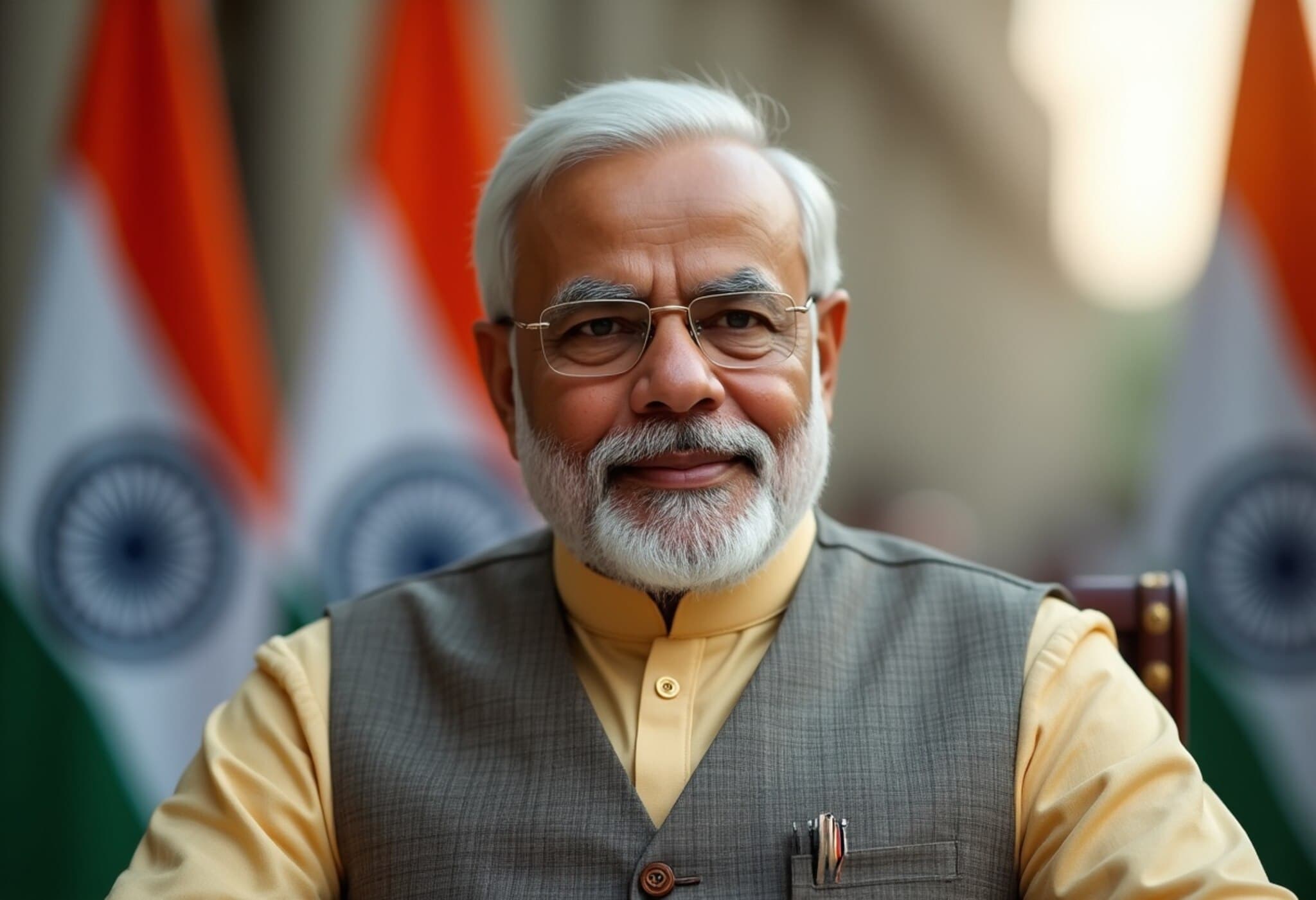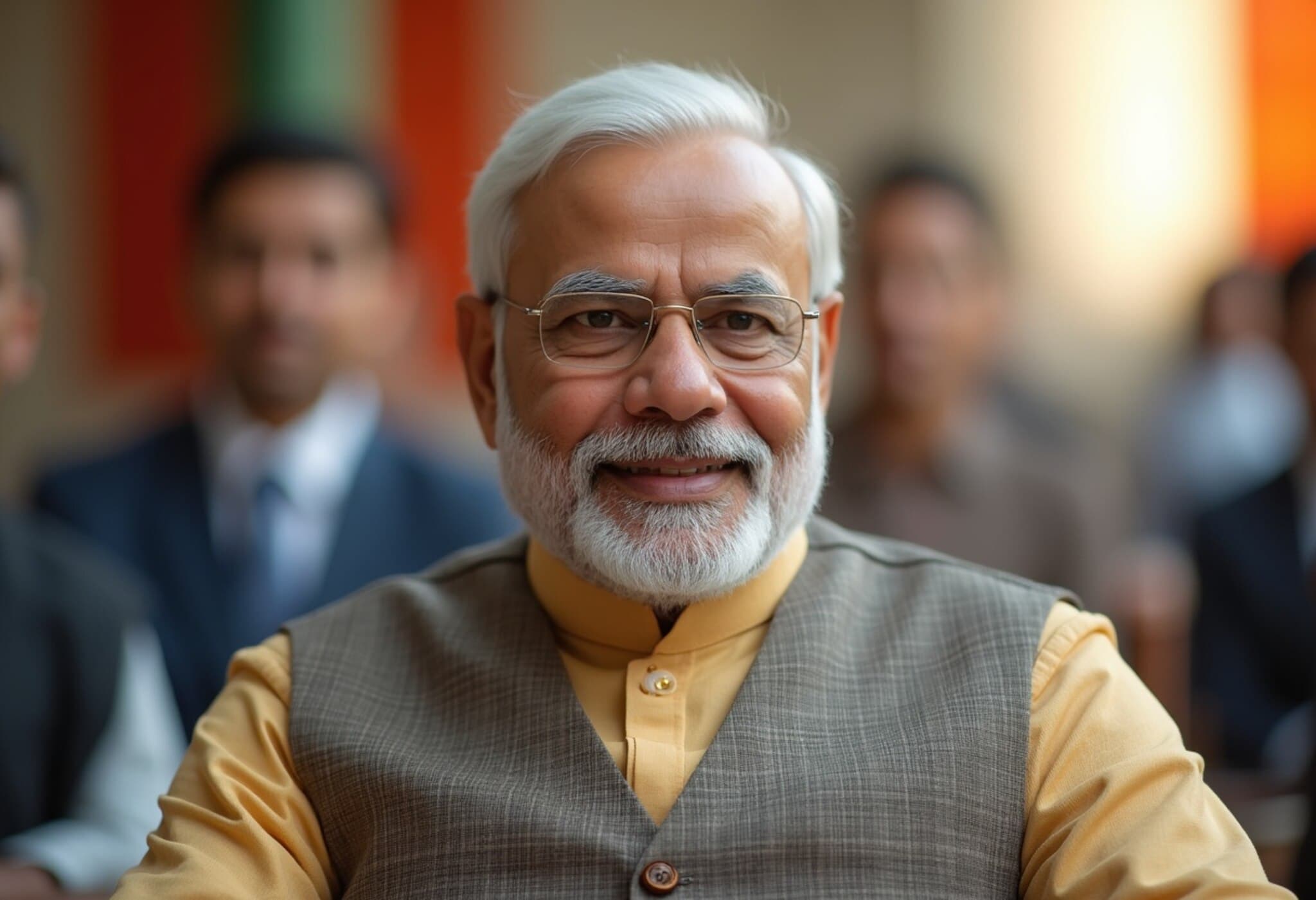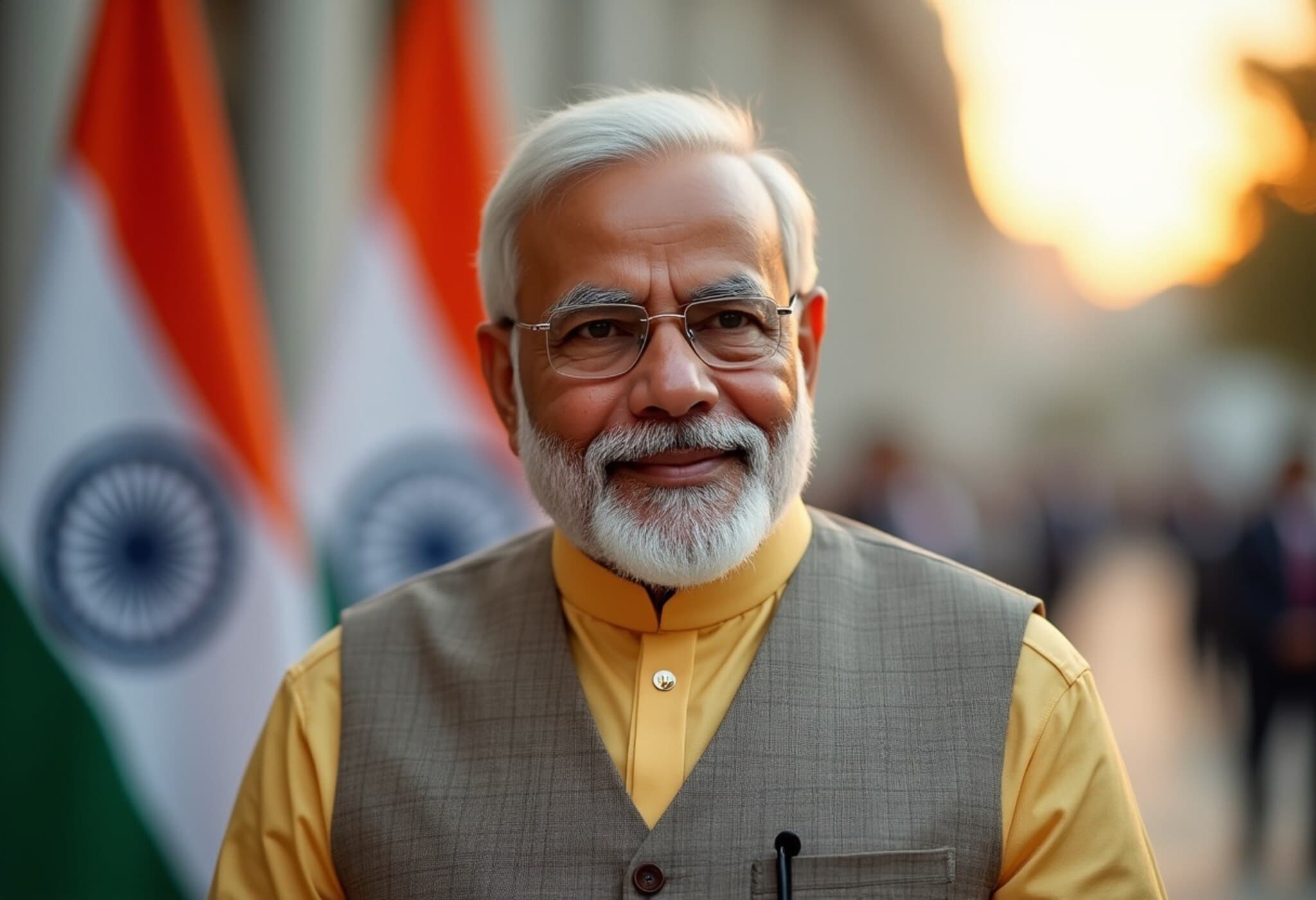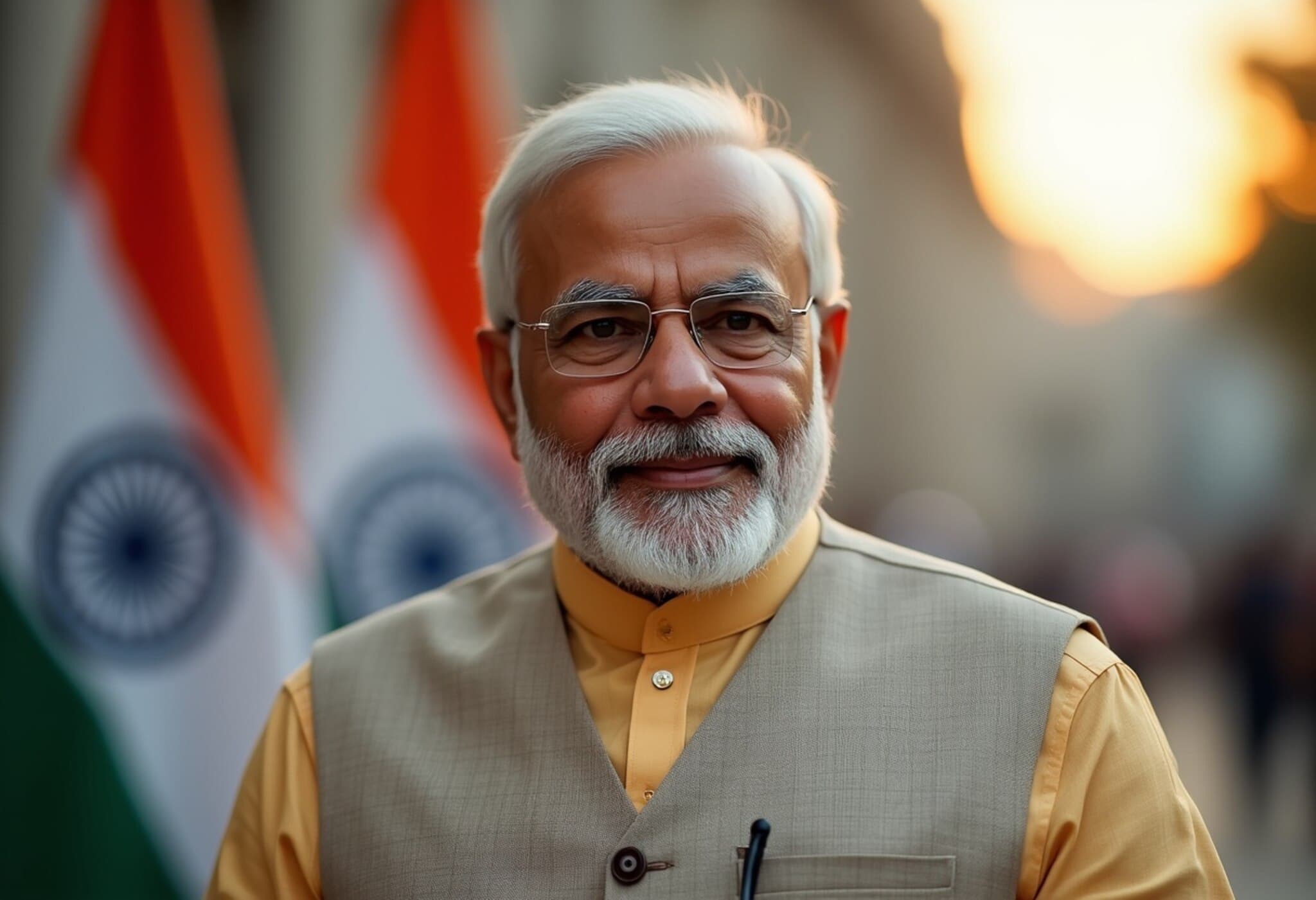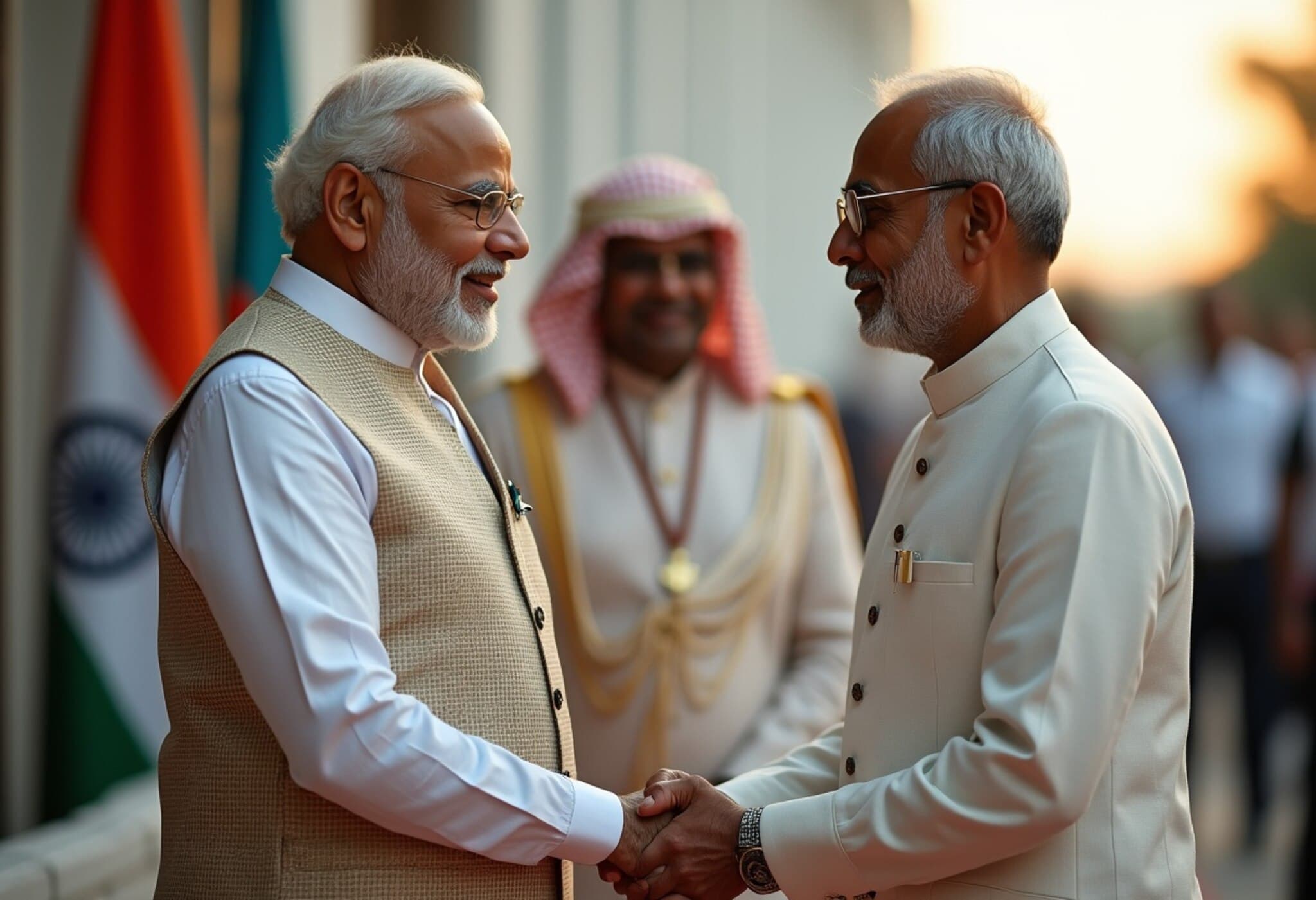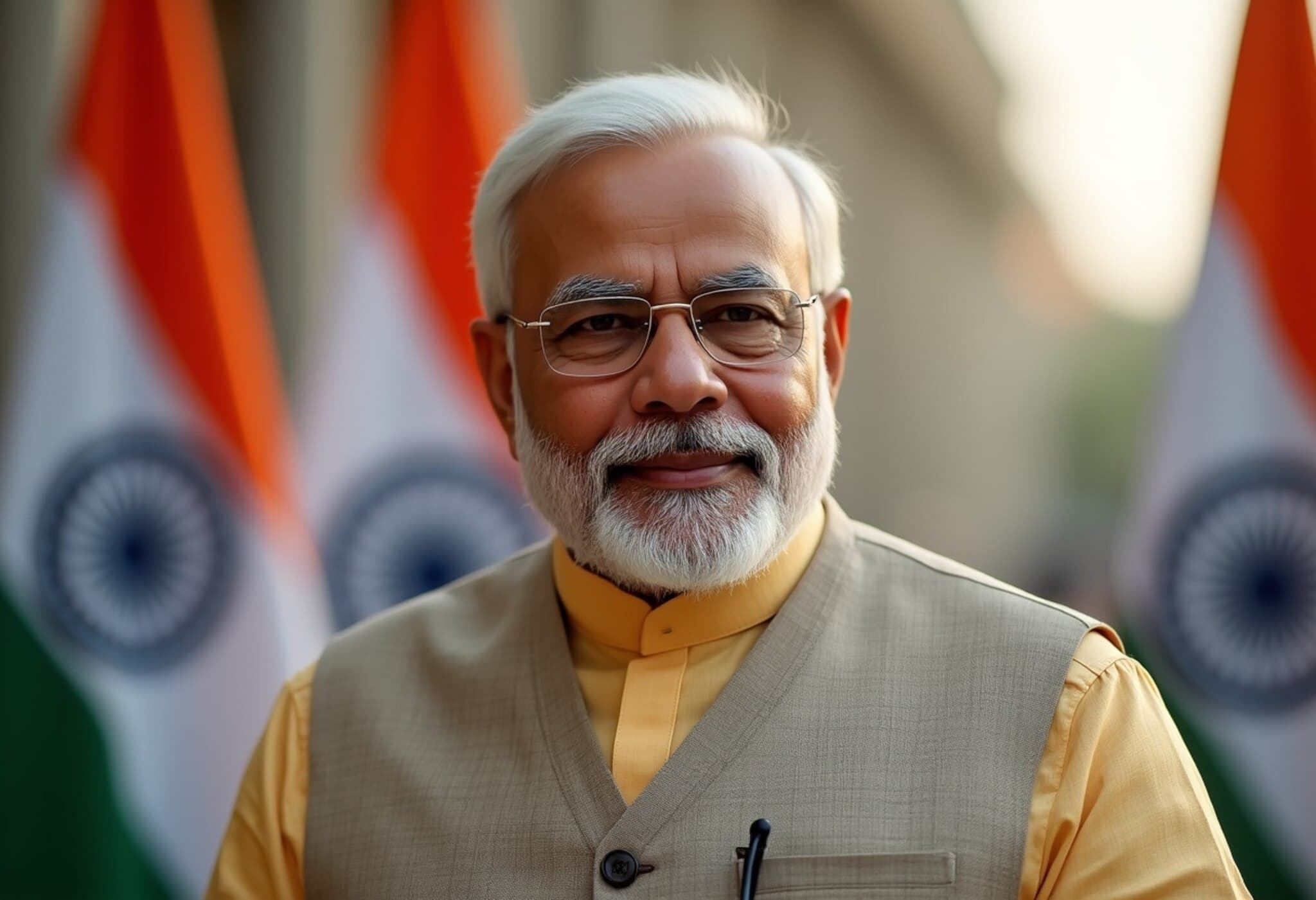PM Modi Set to Sign Historic India-UK Free Trade Agreement in London
Prime Minister Narendra Modi is reportedly planning a trip to the United Kingdom on July 23-24, 2025, to officially sign the much-anticipated India-UK Free Trade Agreement (FTA). This diplomatic milestone is expected to significantly reshape trade dynamics between the two nations, promising substantial benefits for Indian exporters and British businesses alike.
Details of the Trade Agreement
The agreement, preliminary terms of which were reached in May 2025, aims to eliminate tariffs on approximately 99% of Indian exports to the UK, thereby making Indian products far more competitive in British markets. Conversely, British firms exporting goods such as whisky, automobiles, and other premium products will gain easier access to Indian consumers.
While sources close to the negotiation indicate the agreement may require about a year before coming fully into effect, its strategic importance is already evident. Observers call it a "historic milestone" that will catalyze increased trade, investment flows, job creation, and economic growth for both countries.
Given the global economic uncertainty and shifts in trade policies — notably post-Brexit Britain's efforts to forge new partnerships and India’s ambition to amplify its global trade footprint — this pact signals a fresh era of cooperation. Experts highlight how this deal complements the India-UK comprehensive strategic partnership, reinforcing not only economic but also security ties.
Strengthening Bilateral Security Alongside Trade
Beyond commerce, Modi's visit is expected to encompass discussions on enhancing bilateral security cooperation amid shifting geopolitical landscapes. For India and the UK, this translates to combating common threats such as terrorism, ensuring maritime security in critical sea lanes, and cooperating on technology and intelligence sharing.
Following London: PM Modi’s Visit to the Maldives to Rebuild Diplomatic Bridges
Immediately after the UK official engagement, PM Modi plans a two-day visit to the Maldives from July 25-26, 2025, where he will serve as the chief guest at the island nation’s 60th National Day celebrations.
This visit carries a nuanced diplomatic significance. India and the Maldives have experienced recent strains in their relationship, partly due to political campaigns within the Maldives and the then-prevailing pro-China tilt under former leadership. The current Maldivian President, Mohamed Muizzu, has extended the invitation as a symbolic gesture to mend fences and reaffirm stronger ties.
India’s "Neighbourhood First" policy underlines this visit’s importance, signaling a renewed commitment to fostering stability, cooperation, and development in the Indian Ocean region. PM Modi’s last visit was in June 2019, highlighting the significance of his return during a critical phase of diplomatic recalibration.
Why This Matters to Global and Regional Stakeholders
- Economic Impact: The India-UK FTA could unlock billions of dollars in trade, directly impacting industries from pharmaceuticals and textiles in India to financial services and manufacturing in the UK.
- Geopolitical Balance: The Maldives visit underscores India’s strategic intent to maintain influence in its neighborhood amidst increasing competition from other global powers in the Indian Ocean.
- Strategic Partnerships: Both the UK and India benefit from reinforcing ties beyond trade — particularly in defense, security, and technology sectors.
Expert Insights
Dr. Anjali Menon, a South Asia trade analyst, emphasizes, “This trade agreement is not just about tariff reductions; it’s a diplomatic signal of enduring partnership. It may encourage other nations to pursue similar deals with India, accelerating the country’s integration into global supply chains.”
Meanwhile, geopolitical expert Rajesh Sinha notes, “PM Modi’s Maldives visit in the wake of the UK trip is a brilliant diplomatic move, balancing global outreach with regional sovereignty safeguarding. It sends a strong message about India’s priorities in the Indo-Pacific.”
What to Watch Next
The coming months will be crucial as both governments move toward implementing the India-UK Free Trade Agreement, requiring detailed regulatory harmonization and legislative processes. Meanwhile, the Maldives visit may open pathways for enhanced infrastructure projects, security collaborations, and cultural exchanges.
Editor's Note
The forthcoming India-UK Free Trade Agreement and PM Modi’s dual visits to the UK and Maldives mark a pivotal moment in India's evolving foreign policy—balancing expansive global partnerships with focused regional engagement. For readers, the critical question remains: how will these moves influence India's economic resilience amid shifting geopolitical tides? And can such agreements truly deliver inclusive growth across diverse sectors? As these developments unfold, close attention to implementation details and regional reactions will be key to understanding their lasting impact.












